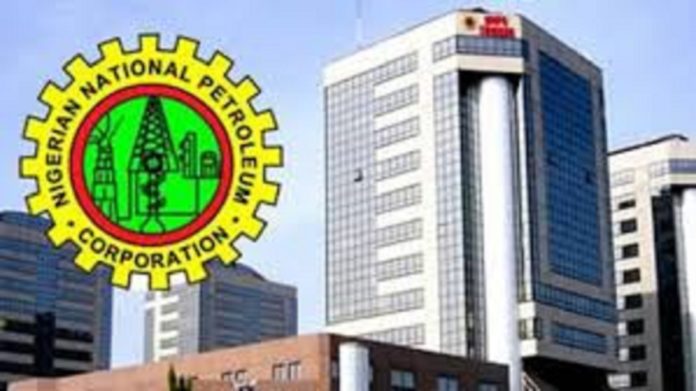The umbrella body of all registered political parties and political organisations in the country, the Conference of Nigeria Political Parties (CNPP) has said it appreciates the noticeable efforts the Group Managing Director (GMD) of the Nigerian National Petroleum Corporation (NNPC), Mallam Mele Kyari, “but earnestly doubts the sudden profit margin in a pandemic year.”
CNPP in its first reaction to the N287 billion profit after tax the corporation recently declared for the year 2020 said, “even though we were all elated when the news broke that the NNPC is now running as a profitable business for the first time in the history of the corporation, the bogus figures are very doubtful.”
This was contained in a statement issued in Abuja on Tuesday by the CNPP Secretary General, Chief Willy Ezugwu.
According to the CNPP, “during the year under review, most businesses globally suffered operational setbacks which also negatively affected Nigeria’s oil export as proceeds from the sale of domestic crude oil and gas dropped to N1.54tn in 2020 from N1.57tn in 2019.
“The magic that led to eventual declaration of profit after tax in 2020 for the first time in its 44-year history requires explanations.
“Like the President expressed joy over the supposed feat, we felt it was a good news but the doubts over the bogus figures have continued to linger for days and may never disappear in a hurry.
“Considering the fact that the NNPC is planning to list its shares on the Nigerian Stock Exchange and the timing of the passage and signing of the Petroleum Industry Bill (PIB) into law, the sudden declaration of huge net profit looks more like a script.
“It even raises more doubts when we take into account the fact that the Nigerian has been considering increasing pump price of petroleum products to end subsidy payments.
“As a matter of fact, Mallam Mele Kyari had recently said that the cost of petrol should be N256 per litre at filling stations without subsidy.
“Also, Sarki Auwalu, the DPR director, while answering questions after delivering a paper titled, ‘A Discussion on the Future of the Nigerian Petroleum Industry,’ in Lagos, recently, acknowledged that Nigeria was spending so much on petrol subsidy, adding that Nigerians may be paying as high as N1,000/litre on petrol when subsidy is removed.
“It is therefore difficult to comprehend how NNPC suddenly declared the N287 billion profit after tax at a time its subsidy payment regime obviously subsists”, the CNPP wondered.
The CNPP then vowed that it will continue to “probe into how the feat was achieved without NNPC dipping fingers into the federation account or manipulatively recording huge budgets for its turnaround maintenance as ‘income’ just as it is already being suspected in some quarters.”







